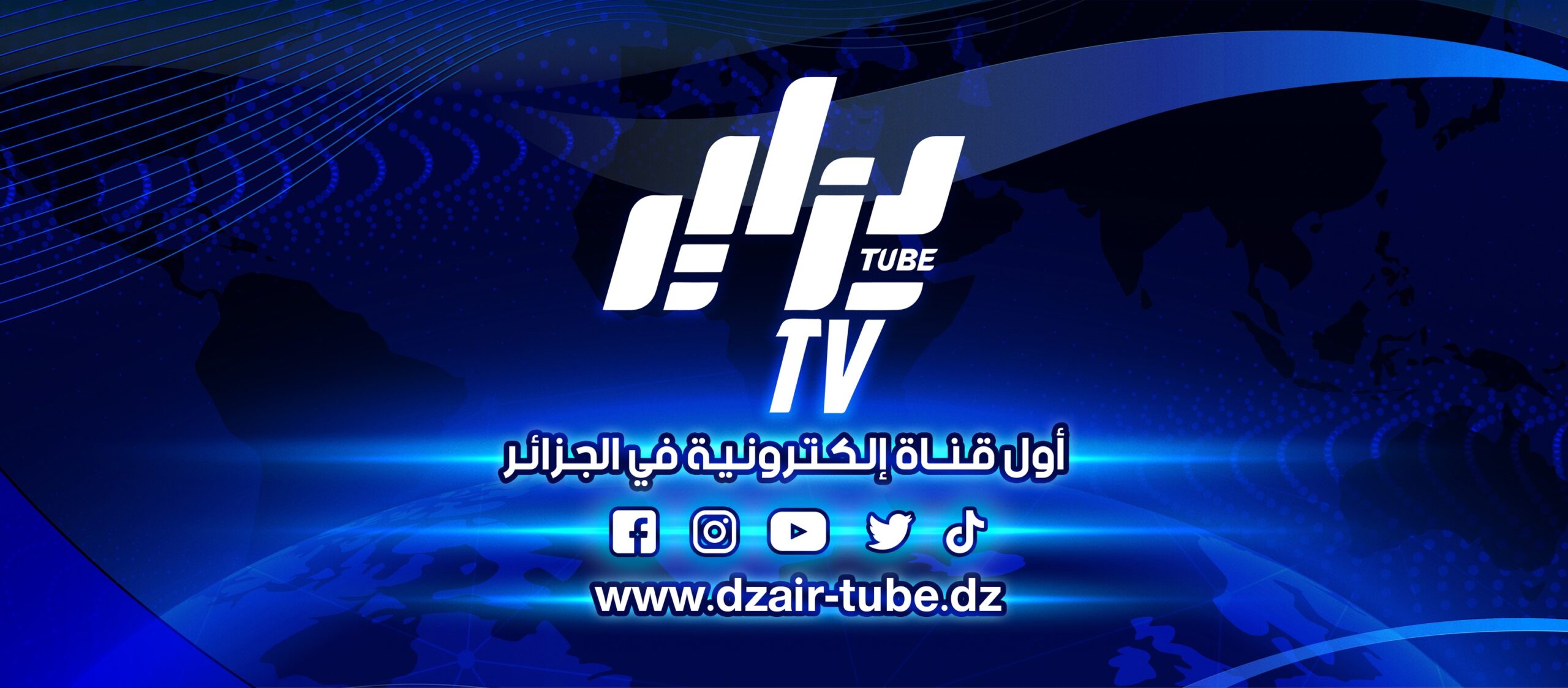BY: Dr. Hana Saada
Algiers, Algeria | February 23rd, 2025 — The Carnegie Endowment for International Peace has asserted that former U.S. President Donald Trump’s 2020 decision to recognize Morocco’s sovereignty over Western Sahara not only failed to contribute to a lasting resolution but also intensified tensions in the region. The institute emphasized that the demarcation of borders in Western Sahara does not signify the conclusion of the conflict but rather marks the onset of a protracted and intricate process aimed at achieving a durable settlement.
The research article highlights several core issues that remain unaddressed and must be tackled to ensure long-term regional stability. Among these are the fate of approximately 170,000 Sahrawi refugees residing in camps in Algeria, the role of regional stakeholders, and the future of former combatants within the Polisario Front. The report also underscores the inherent challenges in implementing Morocco’s proposed autonomy plan, which it describes as impractical due to the complexities of power-sharing within a self-governing framework under Moroccan sovereignty.
According to Carnegie’s analysis, international recognition of Morocco’s sovereignty over Western Sahara does not guarantee a viable solution to the conflict. A comprehensive approach is required, as Sahrawis remain marginalized from Morocco’s political, economic, and social spheres. The institute further notes that Rabat has failed to offer any significant incentives that would facilitate Sahrawi integration beyond the limited framework of autonomy, particularly given the persistent rejection of Morocco’s proposal by key regional and international actors.
Flaws in Morocco’s Autonomy Proposal and Security Dilemmas
In this context, the article’s authors, Sarah Yerkes and Nathalie Trich, identify a major flaw in Morocco’s autonomy plan: its complete absence of provisions regarding the negotiation of former Polisario fighters’ status. The report questions whether these combatants would be absorbed into Moroccan security forces or disbanded entirely, noting that such security arrangements necessitate meticulous political and military planning—something Morocco has yet to address.
The study also forecasts potential shifts in U.S. policy toward Western Sahara under a second Trump administration, emphasizing that the 2020 recognition of Moroccan sovereignty over the region did not de-escalate tensions but instead triggered a resumption of hostilities. The recognition, which was part of a broader diplomatic maneuver tied to the Abraham Accords, effectively ended a ceasefire that had been in place since 1991. Carnegie’s analysis suggests that a future Trump administration may attempt to balance its strategic alliance with Morocco while simultaneously avoiding antagonizing Algeria, a country that has significantly bolstered its ties with Washington under President Joe Biden, particularly in security and counterterrorism cooperation.
The Role of the United States and the Need for a Multilateral Approach
Carnegie posits that the United States could play a crucial role in persuading the Polisario Front to halt its military operations as an initial step toward a comprehensive solution, rather than seeking to enforce an immediate ceasefire—an endeavor that may prove unfeasible given the current climate of hostilities.
The institute further stresses that Algeria remains an indispensable actor in any prospective resolution despite its insistence that it is not a direct party to the conflict. Morocco, on the other hand, vehemently opposes this stance and demands Algeria’s formal participation in negotiations, a fundamental point of contention that continues to obstruct substantive progress in peace efforts. Given that Washington maintains strategic partnerships with both Algiers and Rabat, the report argues that the U.S. is well-positioned to serve as a mediator to bridge the divide between the two countries.
The Consequences of Prolonged Conflict and the Risks of Escalation
Carnegie warns that the failure to adopt a responsible and inclusive approach to conflict resolution could lead to further escalations, with far-reaching implications for the entire region. The report highlights the broader security and economic ramifications of prolonged instability, including potential disruptions to Algeria’s energy exports to Europe, threats to maritime trade routes in the Strait of Gibraltar, and an increase in irregular migration flows to the northern shores of the Mediterranean.
In conclusion, the institute advocates for a multilateral strategy that prioritizes a realistic political settlement encompassing all relevant actors. It also recommends the continued presence of the United Nations Mission for the Referendum in Western Sahara (MINURSO) to monitor and enforce any future agreements, reinforcing the need for a long-term, sustainable resolution to one of North Africa’s most protracted conflicts.

About Dzair Tube Media Group
Dzair Tube has firmly positioned itself as a leading force in Algerian digital journalism, delivering a rich and diverse array of content. Available in Arabic, French, and English, Dzair Tube captivates a broad audience, drawing over half a million daily clicks.
The platform’s excellence was notably recognized with the prestigious President of the Republic’s Award for Professional Journalist in the Electronic Press category on October 22, 2022. This accolade underscores Dzair Tube’s steadfast commitment to the highest journalistic standards.
Dzair Tube’s substantial online footprint includes 350,000 YouTube subscribers, over six million followers across various Facebook pages, and 450,000 Instagram followers. The digital channel serves as a nexus for a wide range of programming, spanning news, sports, entertainment, culture, and religion, catering to a diverse audience.
Boasting cutting-edge studios and advanced technology, Dzair Tube’s digital channel has attracted a significant viewership with its varied programs. It facilitates interactive discussions with key figures from various sectors, promoting public discourse and engagement. Beyond news, Dzair Tube excels in producing marketing documentaries, short TV commercials, and high-viewership shows.
The print edition of Dzair Tube’s sports newspaper, “Dzair Sport,” further attests to the platform’s influence, with over 50,000 daily downloads from the official Dzair Tube website.
Awarded the Media Leadership Award by the Minister of Communication, Mohamed Laâgab, Dzair Tube continues to shape the Algerian digital media landscape, maintaining its position of influence and impact. Additionally, Dzair Tube’s prominence in Algeria’s media scene was celebrated at the ninth edition of the “Hilals of the Television” competition, solidifying its status as a media leader.
Stay Connected with Dzair Tube
